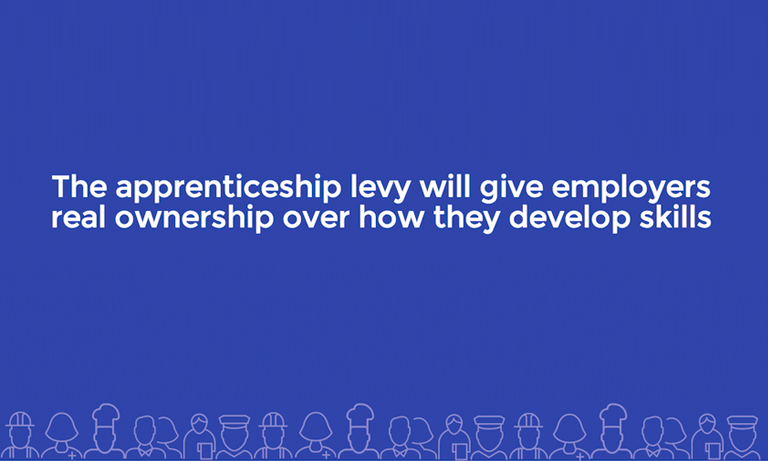 An important proposal is the establishment of an allowable expense regime
An important proposal is the establishment of an allowable expense regimeThe CBI is keen to see changes to the scheme to minimise employer’s costs and ensure its success. On hearing of the Chancellor’s plans for an apprenticeship levy in 2015’s Autumn Statement, many business leaders and employer groups rallied against the ‘payroll tax’.
Businesses with wage bills in excess of £3 million will have to pay 0.5 per cent of the company payroll to the Government in a bid to raise £3 billion a year by 2020 and improve training investment.
With the consultation completed, businesses have accepted that from April 2017 the levy will be imposed. However, the Chartered Institute of Directors has written to the Business Secretary, Sajid Javid to voice its concerns that the scheme has the potential to cost employers significant sums – without providing any improvement in training provision.
The CBI’s private letter sets out a number of recommendations to ensure the scheme’s success. The view is that as companies fund the scheme, it must be truly business-led.
An important proposal is the establishment of an allowable expense regime. This would assist companies with capital assets, staff time or other costs incurred in the administration of the apprenticeships.
The CBI is requesting that the Government makes support available for medium–sized companies, not those just meeting the threshold of a payroll greater than £3 million. It also believes that the scheme should ensure that those firms spending greater amounts on training or apprenticeships are given more influence on the spending of levy funds.
Following calls from the CBI, the newly created Institute of Apprenticeships will take over the Government’s role in approving standards and guarding the quality of the apprenticeship programme. The CBI envisages that a key role for the Institute will be monitoring and protecting against some employers re-branding basic training as apprenticeships.
The CBI is keen to ensure that the system is adaptable enough to allow different approaches to be used depending on the sector. It warns that employers are wary of a system which changes too regularly and involves too much red tape. Employers want a high degree of flexibility in spending this money.
The apprenticeship levy is tied to a Government target of 3 million apprentices by 2020. The CBI highlights that these apprentices should benefit from career advancement opportunities; not merely a growth in level 2 apprenticeships which are equivalent to GCSEs.
A growth in level 3 and 4 apprenticeships is desirable, targeted at areas in which there are skills shortages. This should not simply become a numbers scheme neglecting quality in favour of quantity.
Join Over 40,000 Recruiters. Get our latest articles weekly, all FREE – SEND ME ARTICLES
Recruiters love this COMPLETE set of Accredited Recruitment & HR Training – View Training Brochure








